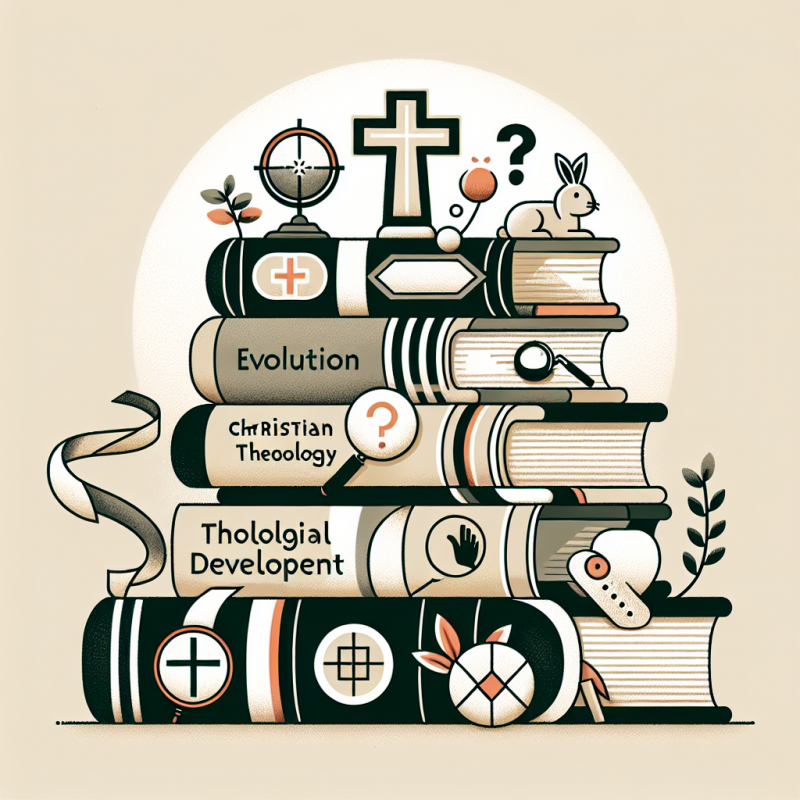The Beatitudes: A Pathway to Blessed Living
In my spiritual journey, more than any other passage, the Beatitudes have profoundly shaped my understanding of faith, humility, and righteousness. Their simple, yet profound wisdom provides a lens through which we can view—and transform—our lives.

An Overview of the Beatitudes
The Beatitudes are found in the Gospel of Matthew (5:3-12), forming the opening of Jesus’ Sermon on the Mount. These declarations of blessedness embody the heart of Jesus’ teachings, highlighting paradoxical values such as poverty of spirit, mourning, and meekness as pathways to divine blessing.
“Blessed are the poor in spirit, for theirs is the kingdom of heaven.”
– Matthew 5:3 (NIV)
The Beatitudes emphasize spiritual virtues over worldly successes, upending societal norms and offering a radical vision of God’s kingdom. They remind us that true peace and happiness are found not in material abundance but in spiritual richness and humility.
Historical and Cultural Context
Delivered in a time of Roman occupation, Jesus’ Sermon on the Mount presented a message of hope to a people longing for justice and divine intervention. The Beatitudes challenged contemporary Jewish expectations of a political Messiah, unveiling instead a spiritual kingdom characterized by inner transformation and moral integrity.
These teachings offered a stark contrast to the prevailing ideologies of power and wealth, calling instead for a profound inner change and a commitment to living out God’s will on earth.
Key Themes in the Beatitudes
Broken down, the Beatitudes highlight several key themes essential for Christian living:
- Poverty of Spirit: Recognizing our spiritual need and dependence on God.
- Mourning: Feeling deep sorrow over sin and brokenness, leading to comfort.
- Meekness: Exhibiting a quiet strength and humility.
- Hunger and Thirst for Righteousness: Earnestly seeking God’s will and justice.
- Mercy: Demonstrating compassion and forgiveness to others.
- Pureness of Heart: Maintaining moral integrity and sincerity.
- Peacemaking: Striving for reconciliation and harmony.
- Persecution for Righteousness: Enduring suffering for the sake of righteousness.
These virtues form a holistic approach to spiritual growth and communal harmony, aligning us closer to God’s nature and fostering a life of deeper, more meaningful faith.

Theological Implications and Interpretations
The Beatitudes reflect the nature of God as compassionate, just, and merciful. They encapsulate the essence of Christian discipleship, revealing that God’s kingdom operates on a different level than worldly systems of power and prestige.
Across different Christian traditions, the Beatitudes have been interpreted as a spiritual paradigm for living out one’s faith. The Catholic Church views them as keys to moral theology, while Protestant traditions often emphasize their relevance in social justice and personal holiness.
“Blessed are the peacemakers, for they will be called children of God.”
– Matthew 5:9 (NIV)
Relevance to Modern Believers
The Beatitudes offer timeless wisdom applicable to contemporary life. They challenge us to reassess our values, looking beyond material success to seek spiritual fulfillment and social justice.
In my own life, I’ve found the Beatitudes guiding my approach to professional challenges, personal relationships, and societal issues. For instance, when facing anxiety and isolation as an entrepreneur, “Blessed are the poor in spirit” reminded me of my dependence on God and the value of spiritual poverty. When navigating a profound personal betrayal, “Blessed are the merciful” became a mantra, teaching me the transformative power of forgiveness.
Connecting the Beatitudes to Contemporary Issues
The Beatitudes also speak to social justice issues today. For example, witnessing poverty and injustice during my travels, “Blessed are those who hunger and thirst for righteousness” encourages me to advocate for those on the margins. These teachings challenge us to be peacemakers in a divided world and to pursue justice with compassion and humility.
In our previous discussions on Overcoming Challenges with Faith in Christian Living and Finding Christ in the Midst of Trials: How to Face Illness with Hope, the Beatitudes provide a profound perspective on dealing with life’s hardships. Their promises of comfort and ultimate reward give us hope and resilience amidst trials, reminding us of God’s overarching sovereignty and love.
As we explore the interplay between faith, doubt, and the realities of our world, the Beatitudes stand as a beacon, guiding us to live authentically and purposefully.
Reflecting on the Beatitudes in Personal Meditation
I encourage you to meditate on each Beatitude, reflecting on how its message resonates within your own life. Consider journaling your thoughts, praying for the virtues they extol, and seeking to embody these principles daily.
“Blessed are the pure in heart, for they will see God.”
– Matthew 5:8 (NIV)
For further reading, you might explore the profound connections between the Beatitudes and themes in The Book of Psalms, where cries for justice, mercy, and divine intervention echo the heart of Jesus’ teachings.
Conclusion
The Beatitudes challenge us to reframe our understanding of blessed living, calling us to humility, mercy, and active pursuit of righteousness. They serve not only as an ethical guide but as a source of deep spiritual reflection and transformative power.
As you reflect on the Beatitudes, may they inspire you to live a life of greater depth, compassion, and alignment with God’s will. Seek these incredible blessings amidst the challenges of modern life, and discover the profound peace and joy that comes from walking the path Christ has laid out for us.

Focus Keyphrase: The Beatitudes



Thank you. Nice article!
Just posted! What are your thoughts?